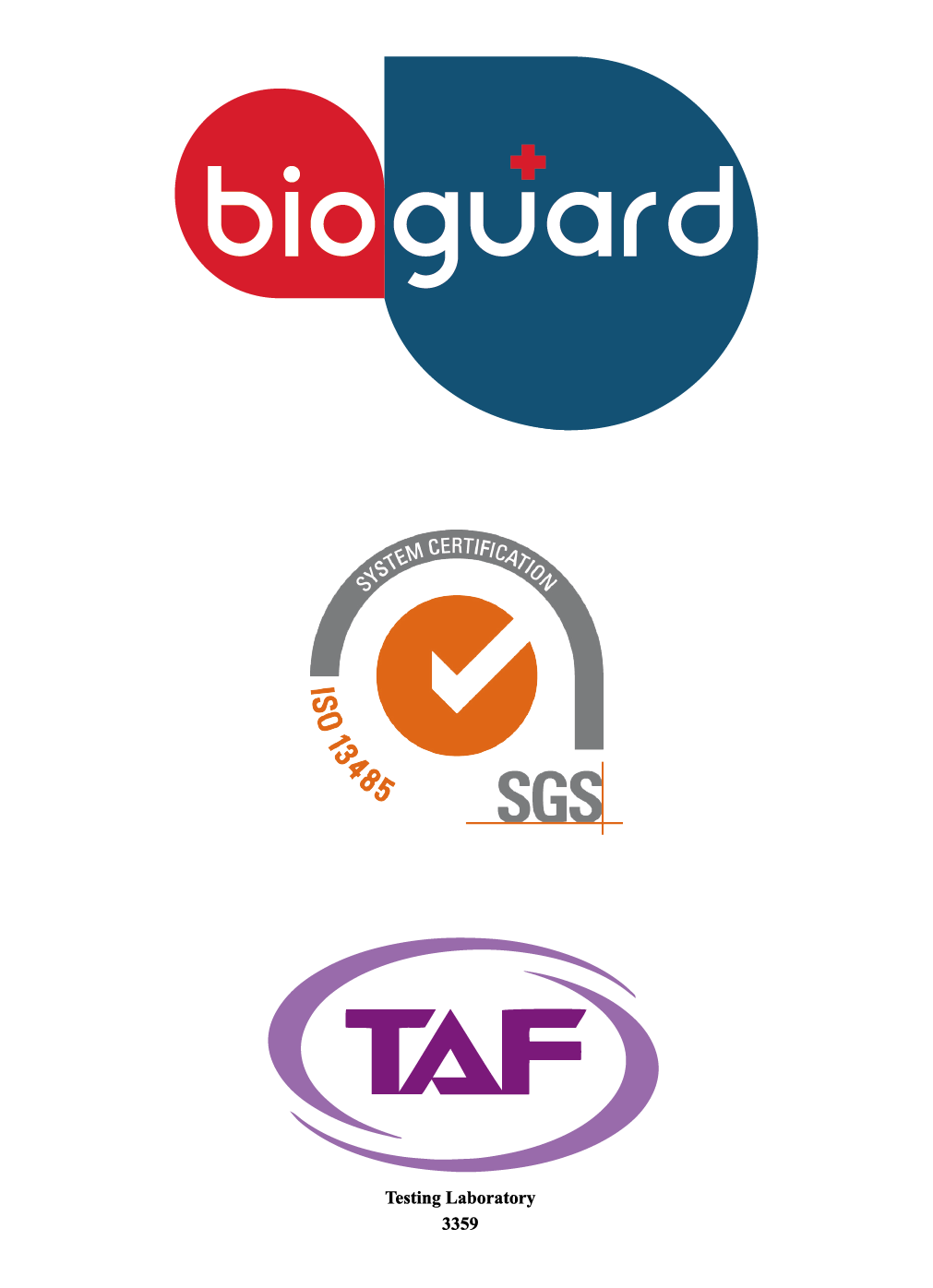Diagnostic Testing Service
Canine Viral Panel (PCS004)
Specimen type

Canine parainfluenza virus, Canine adenovirus:
EDTA whole blood,
Nasal swab、Nasopharyngeal swab,
conjunctival swab.

Canine parvovirus, Canine coronavirus :
EDTA whole blood, feces

Canine distemper virus:
EDTA whole blood, Nasal swab、
nasopharyngeal swab、conjunctival swab、
urine
Contents
- Canine parvovirus is a highly contagious and cause of acute, infectious GI illness in young and/or unvaccinated dogs. Dogs infected with parvovirus may show clinical signs of lethargy, anorexia, fever, vomiting and hemorrhagic small-bowel diarrhea.
- Most canine coronavirus infections are sub-clinical and produce few clinical signs in dogs. Occasionally an infection may cause more severe symptoms, particularly in young puppies. The most common signs include diarrhea, lethargy and decreased appetite.
- Canine distemper is a contagious and serious disease caused by a virus that attacks the respiratory, gastrointestinal and nervous systems of puppies and dogs. Clinical signs include fever, nasal discharge, coughing, lethargy, reduced appetite, and vomiting.
- Canine parainfluenza virus is a highly contagious respiratory virus and is one of the most common pathogens of infectious tracheobronchitis, also known as canine cough.
- Dogs infected with adenovirus may only show a decreased appetite, appear depressed, and have a mild fever. Some dogs develop opacity of one or both corneas of their eyes. Dogs may have respiratory signs, such as eye and nasal discharge and a cough.


